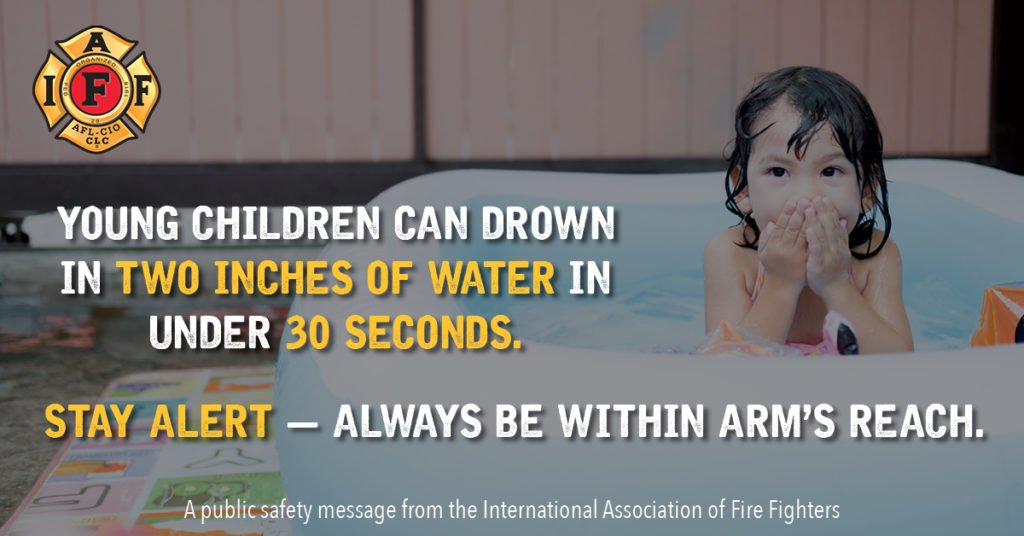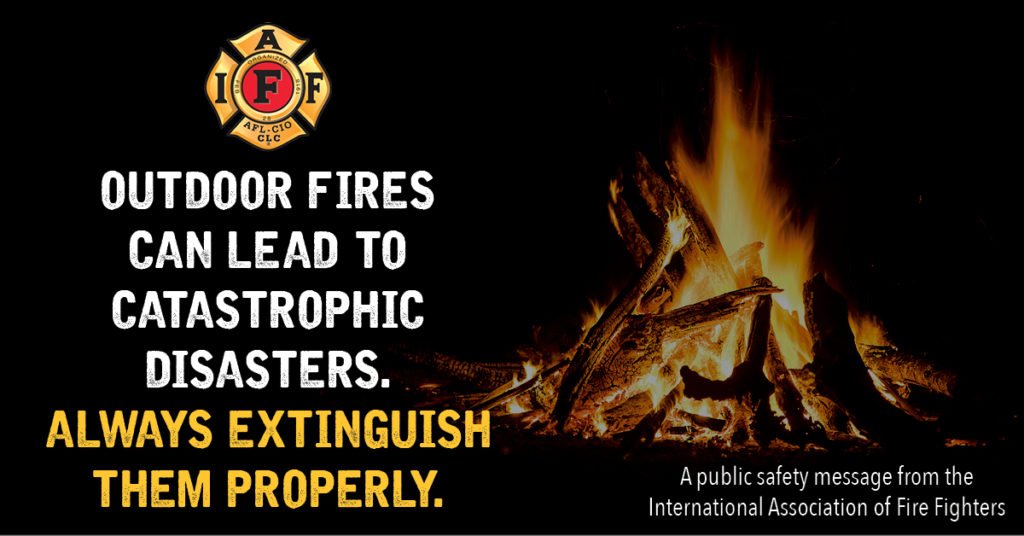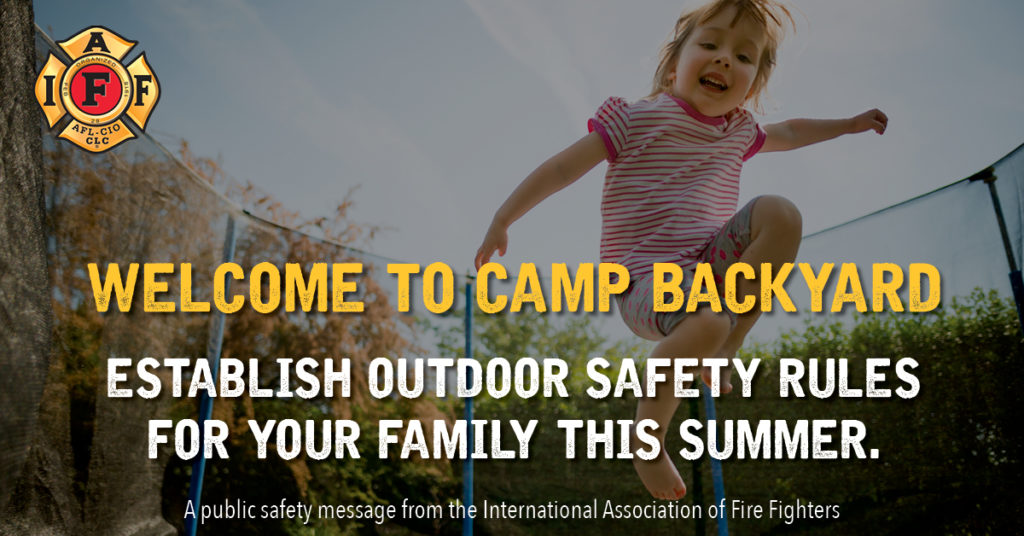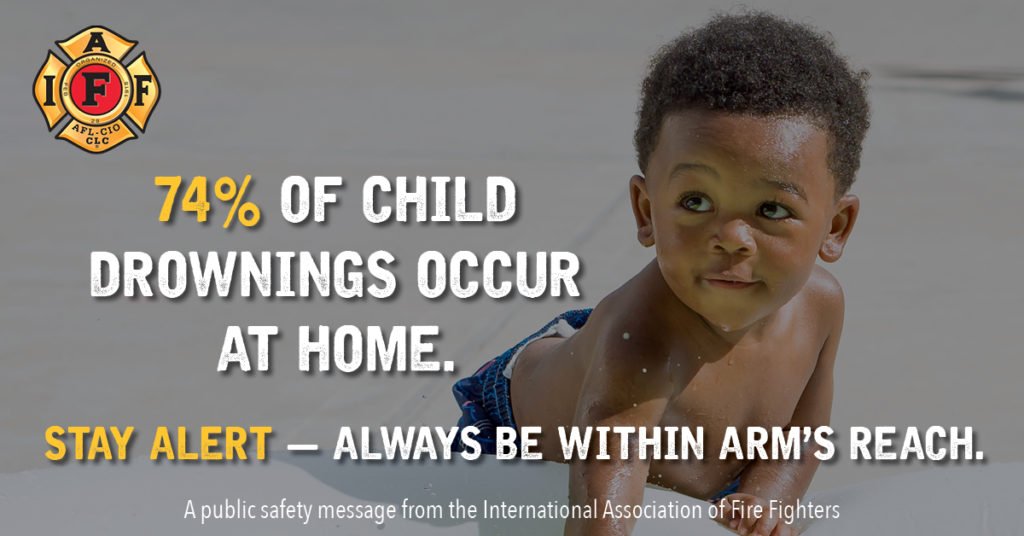Backyard Safety Checklist
- If you don’t have a fenced yard, teach your child the boundaries. Always have a responsible person supervise outdoor play.
- Check your yard for dangerous plants. If you are unsure about any of the plants in your yard, call your local poison help line.
- Teach your child never to pick and eat anything from a plant, no matter how good it looks, without your permission.
- If you use pesticides or herbicides on your lawn or garden, read the instructions carefully. Don’t allow children to play on a treated lawn for at least 48 hours.
- Don’t use a power mower to cut the lawn when young children are around. The mower may throw sticks or stones with enough force to injure them. Never have your child on a riding mower even when you are driving. It is safest to keep young children indoors while the lawn is being mowed.
- When you cook food outdoors, screen the grill so that your child cannot touch it, and explain that it is hot like the stove in the kitchen. Store propane grills so your child cannot reach the knobs. Be sure charcoal is cold before you dump it.
- Never allow your child to play unattended near traffic.
- Chemicals, cleaners, gas, car fluids, pesticides and fertilizers can be poisonous.
- Always tightly replace the lids of poisonous products and lock them up out of sight and reach of children.
- Keep all doors and gates leading to the pool locked at all times.
- Invest in baby proofing products like gates and blockades near the pool.
- Keep the pool area dry and free of all sharp objects.
- Never leave your kids alone at the pool. Keep a close eye on them at all times.
- Be sure to always have an adult supervising kids when the grill is on.
- Remove all flammable items that are near the grill.
- Be sure to keep fire safety tools around like fire extinguishers.




Backyard Water Safety Op-Ed
Nearly 75% of drownings involving children happen at home — a sobering statistic, and one that is more relevant than ever this summer.
As public pools remain closed due to the COVID-19 pandemic, parents are bringing the summer water fun home for their family. Big box stores and online retailers report that inflatable and small plastic pools are a hot commodity as people look to stay cool at home this summer.
While a small pool is a great way to beat the heat, fire fighters and emergency medical responders are urging homeowners to practice simple safety rules to avoid a tragedy.
First and foremost, never leave a child unsupervised near any pool or body of water — no matter the depth. Young children can drown in as little as 2 inches of water in less than 30 seconds. That also means that large pools should be protected by a barrier to prevent children from possibly falling in while unsupervised. Smaller, blow-up or plastic pools should be emptied every evening. Not only will this help your family avoid accidental drownings, but removing standing water will prevent insects from gathering as well.
Slips and falls are also a concern on any wet surface. While it may evoke memories of the public pool lifeguard, the best way to prevent slips is a no running near the pool rule. Diligently enforcing this rule may be difficult with school-age children, but it will go a long way in keeping them safe and reducing broken bones and other slip-related injuries.
No diving. While store-bought pools are, of course, not deep enough for a dive — very few above-ground pools are deep enough for diving either. Diving head-first into shallow water can cause severe neck injuries that could result in paralysis. Play it safe and only enter the water feet first.
Fire fighters also recommend teaching children to swim. While this may not be applicable to some of the smaller at-home pools – and it may be difficult to find lessons – it is a valuable skill to consider any time you are thinking about water safety.
Finally, have a first aid kit available and place emergency contacts in your phone. Learning CPR can help save a life. Many times, early CPR done my bystanders is the key to a successful outcome. CPR classes are available through many hospitals, community centers or by contacting the American Red Cross.
These simple precautions will help prevent tragedy around the pool this summer and allow the entire family to enjoy the water.
